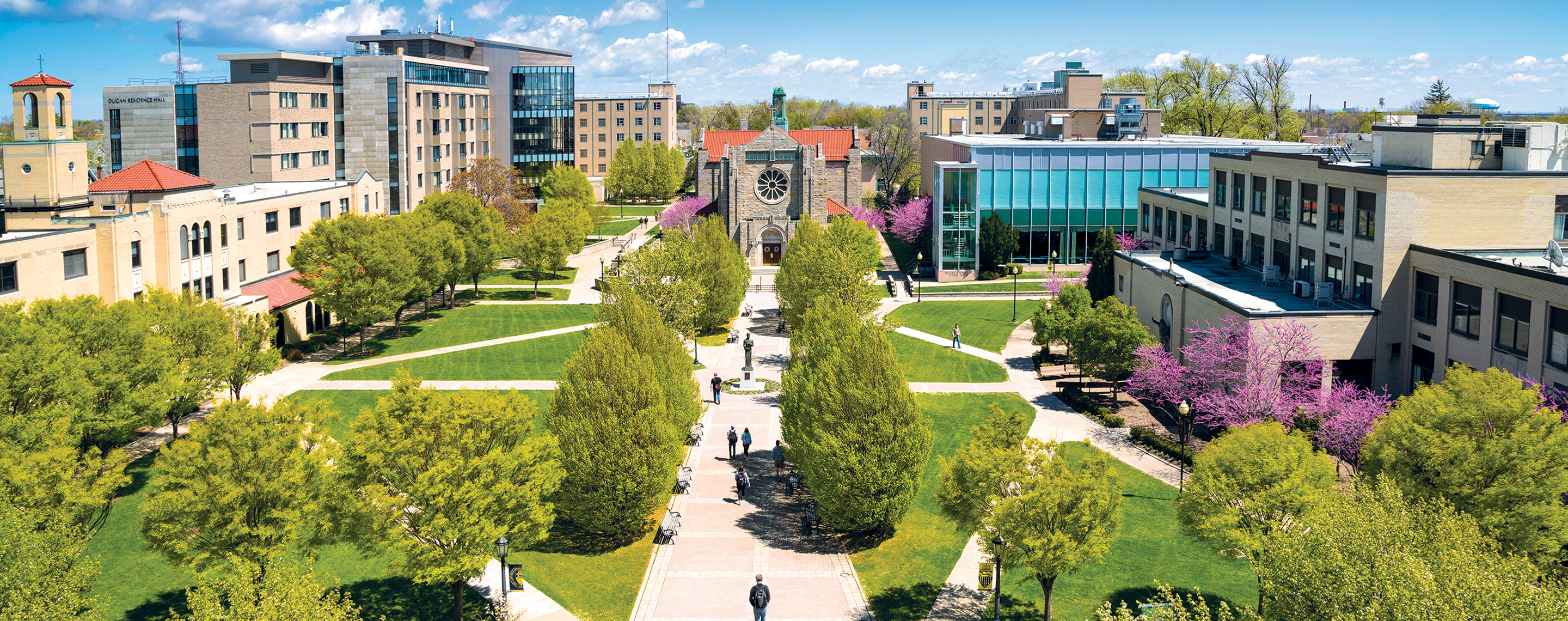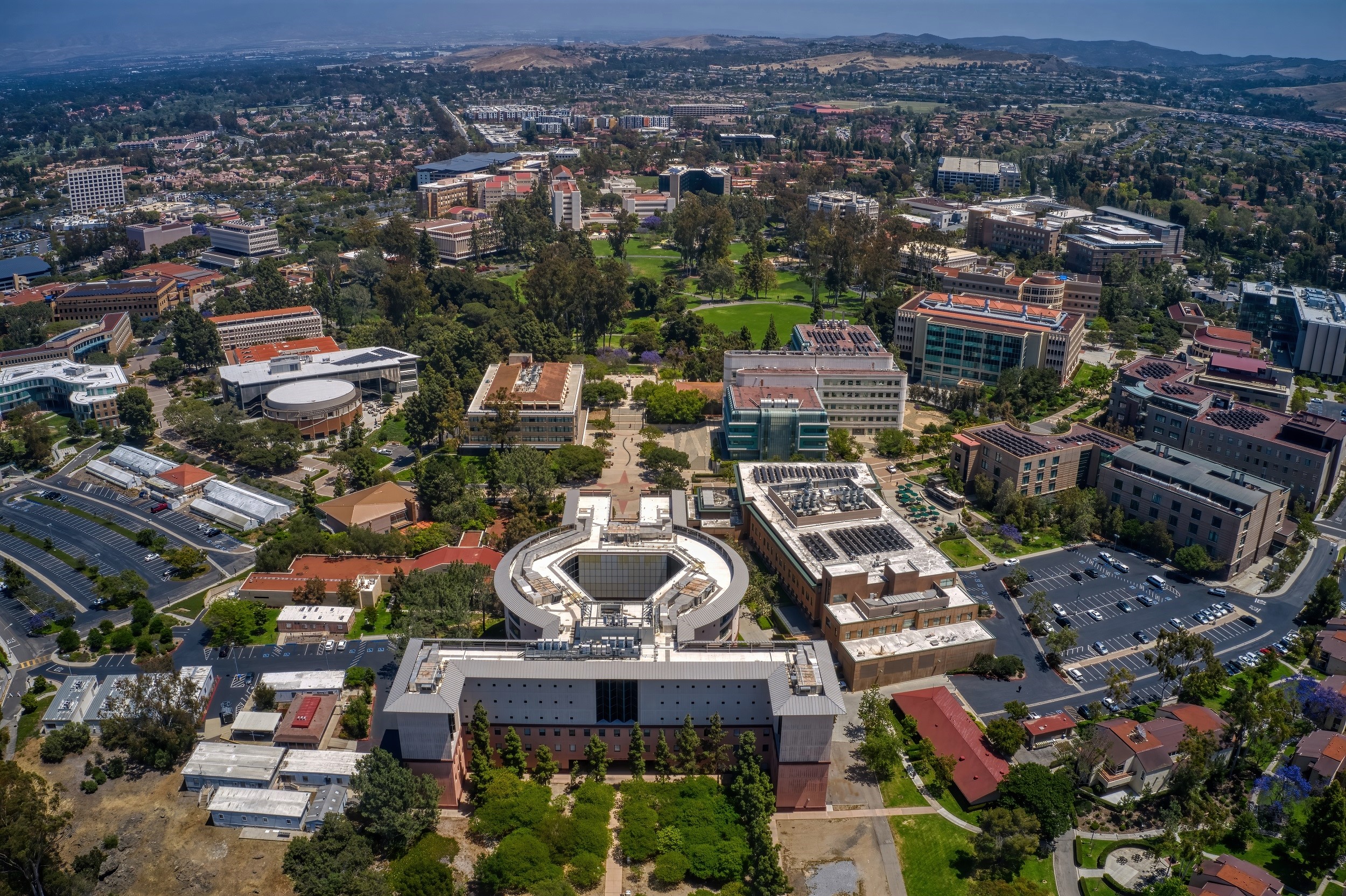The Comprehensive Guide to CWRU School of Medicine
Introduction
Welcome to the comprehensive guide to the Case Western Reserve University (CWRU) School of Medicine! Whether you're considering pursuing a medical degree, already a student, or simply interested in learning more about this esteemed institution, this guide aims to provide you with all the essential information about the Case Western Reserve University School of Medicine. From its history and academic programs to campus facilities and student life, we will explore the various aspects that make this medical school a unique and exceptional place of learning.
History of Case Western Reserve University School of Medicine
The Case Western Reserve University School of Medicine, located in Cleveland, Ohio, has a rich history dating back to its founding in 1843. It is one of the leading medical schools in the United States known for its commitment to medical education, research, and patient care. The School of Medicine has a strong reputation for training skilled and compassionate physicians and contributing to groundbreaking medical discoveries.
Academic Programs
The Case Western Reserve University School of Medicine offers a comprehensive range of academic programs designed to prepare students for successful careers in medicine. The curriculum combines rigorous classroom instruction, clinical experiences, and research opportunities. Key academic programs at the School of Medicine include:
-
Doctor of Medicine (MD): The MD program at Case Western Reserve University is a four-year program that provides students with a strong foundation in the medical sciences and clinical skills. Students learn through a combination of lectures, small-group discussions, and hands-on clinical experiences.
-
Dual Degree Programs: The School of Medicine offers various dual degree programs, allowing students to pursue additional degrees alongside their medical education. These programs include MD/PhD, MD/MBA, MD/MPH, and MD/Master's in Bioethics, among others.
-
Research Programs: The School of Medicine places a strong emphasis on research and offers several research programs for students interested in pursuing scientific investigations. Students have the opportunity to work with renowned faculty mentors and engage in cutting-edge research projects.
Campus Facilities
The Case Western Reserve University School of Medicine provides state-of-the-art facilities that support a modern and collaborative learning environment. The campus features well-equipped classrooms, research laboratories, simulation centers, and clinical training facilities. Some notable campus facilities at the School of Medicine include:
-
Health Education Campus: The Health Education Campus is a collaborative facility shared with the Cleveland Clinic. It houses innovative learning spaces, simulation centers, lecture halls, and research laboratories. The campus fosters interprofessional education and collaboration among students from various healthcare disciplines.
-
Research Laboratories: The School of Medicine is home to research laboratories where students and faculty conduct groundbreaking research across a wide range of medical fields. These laboratories are equipped with advanced technology and resources to facilitate scientific discovery.
-
Clinical Training Facilities: The School of Medicine has affiliations with leading hospitals and healthcare institutions in the Cleveland area, providing students with extensive clinical training opportunities. These facilities offer a diverse range of patient populations and clinical specialties for students to gain practical experience.
Research Opportunities
The Case Western Reserve University School of Medicine is renowned for its research endeavors and encourages students to actively participate in scientific investigations. The school is affiliated with renowned research institutions, such as the Cleveland Clinic, creating a collaborative environment that promotes innovative research. Students have access to research grants, fellowships, and mentorship programs, allowing them to contribute to cutting-edge discoveries and advancements in medical knowledge.
Clinical Education
Clinical education is a crucial component of the medical curriculum at the Case Western Reserve University School of Medicine. Students have the opportunity to rotate through affiliated hospitals and healthcare facilities, gaining hands-on experience in various medical specialties. These clinical rotations provide students with exposure to diverse patient populations, develop their clinical skills, and foster professional growth.
Student Life
The Case Western Reserve University School of Medicine offers a vibrant and inclusive student community. The school recognizes the importance of a well-rounded educational experience and provides opportunities for students to engage in extracurricular activities, student organizations, and community service initiatives. Some aspects of student life at the School of Medicine include:
-
Student Organizations: Students can join a variety of student organizations and interest groups, ranging from specialty-specific clubs to community service organizations. These organizations provide opportunities for networking, mentorship, and leadership development.
-
Community Engagement: The School of Medicine encourages students to get involved in community service activities and outreach programs. Students can participate in health fairs, volunteer at local clinics, and engage in initiatives to address healthcare disparities in the community.
-
Campus Events: The School of Medicine organizes various academic conferences, seminars, and speaker series throughout the year. These events feature renowned physicians, researchers, and experts in different medical fields, providing students with valuable insights and networking opportunities.
Notable Alumni
The Case Western Reserve University School of Medicine boasts a notable alumni community that has made significant contributions to the field of medicine. These alumni have excelled in clinical practice, research, education, and leadership roles. Some notable alumni from the School of Medicine include:
- Dr. Albert Sabin - Inventor of the oral polio vaccine.
- Dr. Michael DeBakey - Pioneer in cardiovascular surgery and medical education.
- Dr. Nancy Snyderman - Former Chief Medical Editor for NBC News and correspondent for ABC News.
FAQs
-
Q: How can I apply to the Case Western Reserve University School of Medicine? A: Prospective students must submit an application through the American Medical College Application Service (AMCAS) and complete the secondary application for Case Western Reserve University. The admissions process evaluates academic achievements, MCAT scores, letters of recommendation, personal statements, and interviews.
-
Q: What are the prerequisites for applying to the School of Medicine? A: The School of Medicine requires completion of specific premedical coursework, including biology, chemistry, physics, mathematics, and English. Applicants should refer to the official admissions website for detailed prerequisite information.
-
Q: Does the Case Western Reserve University School of Medicine offer financial aid? A: Yes, the School of Medicine provides financial aid options, including scholarships, grants, loans, and work-study programs. Students are encouraged to explore the financial aid resources and opportunities available to them.
-
Q: Are there opportunities for research at the School of Medicine? A: Yes, research is a significant focus at the School of Medicine, and students have opportunities to engage in research projects under the mentorship of faculty members. The school offers research fellowships, summer research programs, and support for student-led research initiatives.
Conclusion
In conclusion, the Case Western Reserve University School of Medicine is a renowned institution dedicated to producing exceptional physicians and advancing medical knowledge. With its rich history, comprehensive academic programs, cutting-edge research opportunities, and vibrant student life, the School of Medicine provides a stimulating and supportive environment for students to thrive. Whether you aspire to practice medicine, conduct groundbreaking research, or contribute to healthcare policy, Case Western Reserve University School of Medicine offers a foundation for a successful and fulfilling career in medicine.

 By
By


